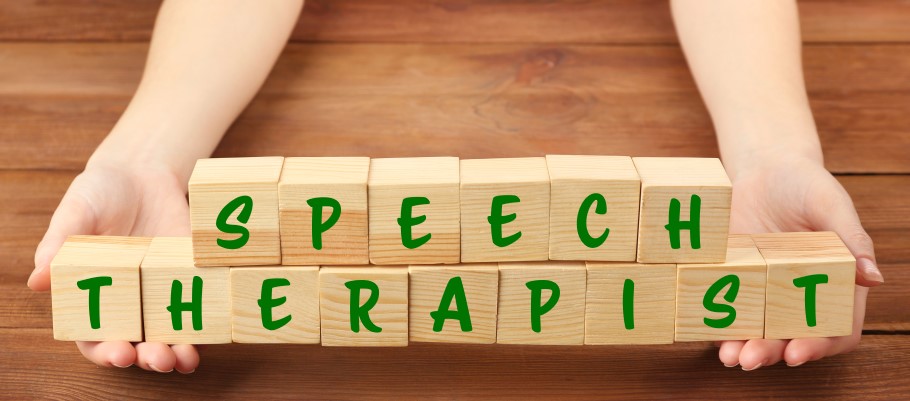
Introducing university courses in Speech and Language Therapy
Students with an interest in English and/or other languages may develop their interests in many ways, but they may not have come across the confluence within the health sciences, particularly Speech and Language Therapy.
University courses at undergraduate and Masters level combine academic with clinical training in order give students both academic qualifications and a vocational qualification that is accredited by the Royal College of Speech & Language Therapists.
What is speech and language therapy?
Speech and language therapy is a rapidly developing profession which encompasses biomedical sciences, psychology, languages, linguistics and phonetics. There are many institutions offering Speech and Language Therapy courses, including the programmes offered at City, University of London.
Employment opportunities with a speech and language therapy degree:
The Speech and Language Therapy course prepares students for a career as a Speech and Language Therapist (SLT).
SLT’s are allied health professionals who help children and adults who have difficulties with communication or problems swallowing. They work as part of a multi-disciplinary team, with people of all ages from all backgrounds in the health or educational domains. They support children struggling to acquire appropriate communication skills and help in the rehabilitation of adults with difficulties following a stroke or head injury.
What does a speech and language therapy course involve?
Speech and Language therapy courses combine academic study, hands on practical experience and clinical placements. Students learn about the human head and neck, about the structure of language, and the sounds that comprise speech. The course also involves learning about typical and atypical development, specialist areas of language breakdown, hearing impairment and research. Supervised by experienced clinicians and academics, students on the course gain academic and clinical skills in a wide range of settings in preparation for working in the clinical or educational domains.
What are the entrance requirements for the course?
Entrance requirements are usually the equivalent of three good A-level passes or an Access to HE Diploma in a relevant health or science subject. Many students who join the course have qualifications in Psychology, Biology or English, but there are no specific subject requirements. Students from abroad are required to have IELTS test results
Find out more – from a current student
Sophie, a speech and language therapy student from City, University of London writes a monthly blog about her experiences of being a SLT student, you can read her blog HERE.
Get email alerts when new blogs are posted
This free newsletter will include information on university events added to UniTasterDays, as well as details about new webinars and blog releases for you and your students.




